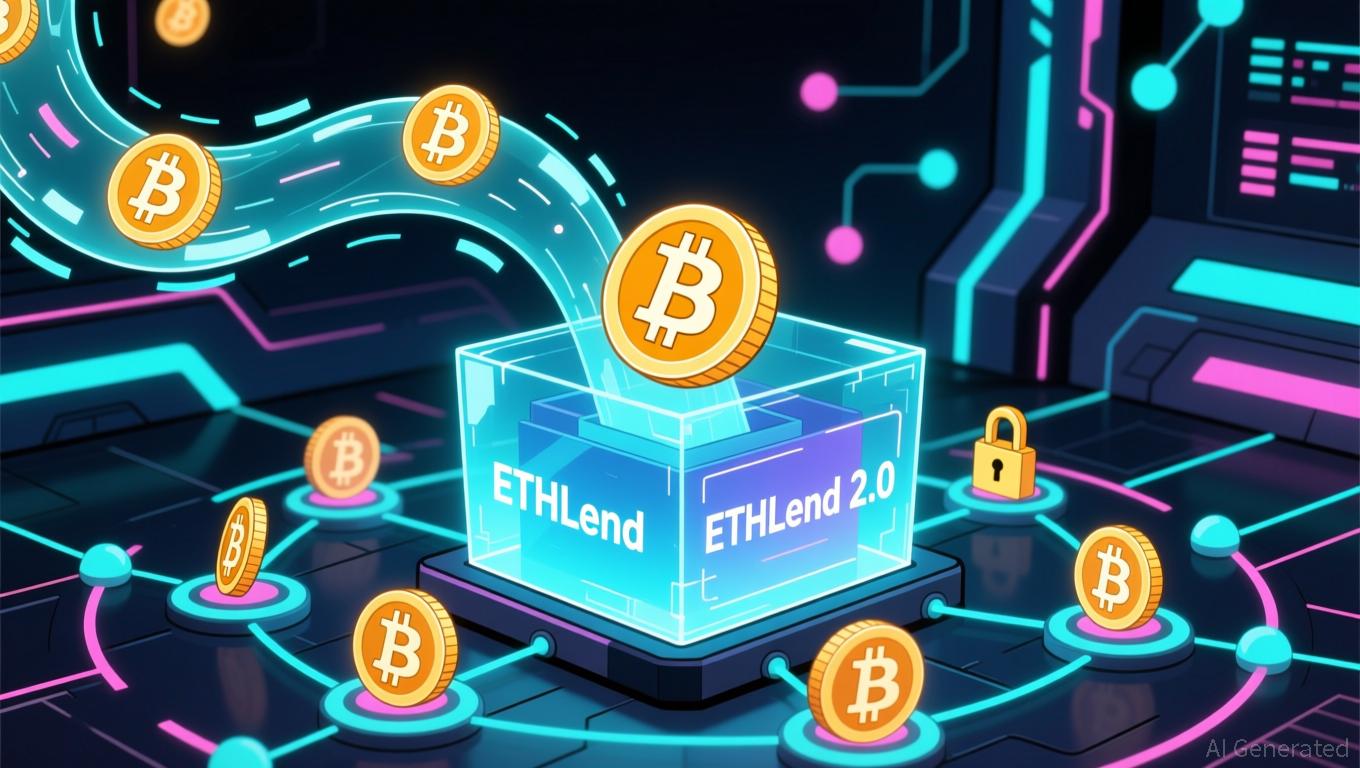WLFI breach raises eyebrows for Trump-backed crypto firm
World Liberty Financial ( WLFI ) , the DeFi venture closely tied to President Donald Trump and his family, disclosed that attackers accessed some user wallets through phishing and third-party security lapses before the platform officially launched.
- WLFI says a pre-launch breach stemmed from phishing and third-party security lapses, not flaws in its own smart contracts, and has frozen affected wallets.
- The incident comes amid heightened scrutiny of WLFI, which has faced questions about governance, transparency, and its rapid token sales.
- The company claims to be reallocating funds only after new KYC checks.
The company says the breach did not stem from any flaws in its smart-contract architecture—but rather external vulnerabilities.
WLFI stated that attackers accessed the wallets through external phishing and third-party security lapses, not through flaws in WLFI’s platform or smart contracts.
The firm formally launched in 2024. It then rolled out a USD1 stablecoin in April followed by its signature WLFI token in September.
What happened
Upon identifying the issue, WLFI froze impacted wallets, verified ownership, and began developing new on-chain logic to restore funds to users, the company said.
WLFI required all affected users to re-complete Know Your Customer checks to confirm identity before receiving a new wallet. The company stated these measures were necessary to ensure funds were returned only to legitimate owners.
Engineers built and tested a new smart contract system designed to handle bulk reallocations securely. The process took longer than initially expected, according to WLFI.
Reallocation of user funds will begin shortly for individuals who completed the required verification process, the company said. Wallets belonging to users who have not yet reached out or completed the steps will remain frozen, though those users can still begin the verification workflow through the company’s help center, according to WLFI.
This is just the latest in a string of controversies for the firm, which its co-founder Donald Trump Jr. described in September as “the governance backbone of a real ecosystem changing how money moves.”
Recall how WLFI played a role in Binance’s $2 billion deal with an Emirati fund. Afterward, Binance founder Changpeng Zhao received a pardon for his four-month prison term from President Trump.
And, just this week, Senator Elizabeth Warren called for an investigation into WLFI, alleging that it may have sold governance tokens to wallets linked to North Korea, Russia, Iran, and Tornado Cash.
Disclaimer: The content of this article solely reflects the author's opinion and does not represent the platform in any capacity. This article is not intended to serve as a reference for making investment decisions.
You may also like
Why is MUTM's DeFi approach drawing in $18.9 million and 18,000 investors in 2025
- Mutuum Finance (MUTM) has raised $18.9M from 18,200 investors via a 250% presale price surge to $0.035 in Phase 6. - Its dual-lending model combines peer-to-contract and peer-to-peer mechanisms to optimize liquidity and capital efficiency. - Phase 6 nearing 99% completion highlights demand for MUTM's automated, intermediary-free lending via Ethereum-based smart contracts. - The project plans Q4 2025 launch of its public lending protocol on Sepolia testnet, emphasizing transparent decentralized ownership.

Global authorities suspend the growth of Biometric Blockchain due to worries about data privacy
- Worldcoin (WLD) fell 14% amid regulatory crackdowns, token unlocks, and market weakness, outperforming crypto's 9% decline. - Colombia, Philippines, and Thailand ordered operations halted and biometric data deleted over privacy concerns. - 37M WLD tokens ($25M) unlocked recently, worsening sell pressure as price consolidates near $0.63 resistance. - Analysts predict $0.75–$0.85 by 2025 if regulations clarify, but warn of potential drops to $0.26 amid unresolved compliance risks. - Project's viability hin

Bitcoin News Update: Aave's ETHLend 2.0 Disrupts DeFi's Dependence on Wrapped Tokens by Introducing Native Bitcoin
- Aave founder Stani Kulechov announced ETHLend 2.0's 2026 relaunch using native Bitcoin as collateral, diverging from wrapped tokens. - The hybrid P2P-liquidity pool model aims to enhance DeFi efficiency while reducing synthetic asset reliance through cross-chain BTC integration. - This revival aligns with growing institutional demand for non-wrapped BTC and could restore utility for the legacy LEND token. - Despite bearish market conditions, the move signals confidence in Bitcoin's foundational role for

The Rapid Rise of ZK Technology and What It Means for Cryptocurrency Markets
- ZK proof ecosystems saw 2025 breakthroughs in scalability, institutional adoption, and on-chain activity, reshaping blockchain infrastructure and crypto markets. - Projects like zkSync Era (27M+ monthly txns) and StarkNet (tripled TVL) demonstrated ZK-rollups' capacity to handle 15,000+ TPS, accelerating Ethereum's Layer 2 dominance. - Institutional giants including Deutsche Bank , Sony , and Nike integrated ZKP solutions for compliance, with Polygon securing $1B+ in ZKP development funding. - ZKP market
